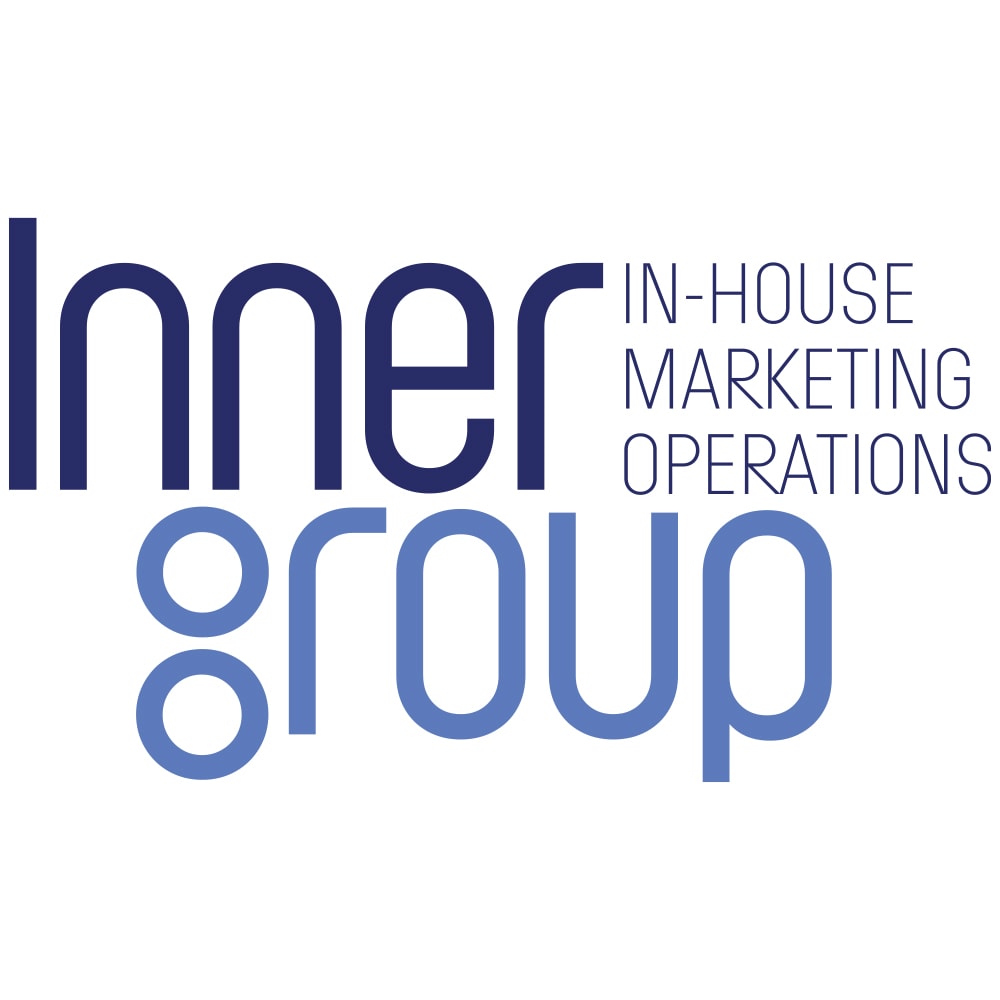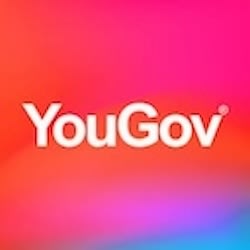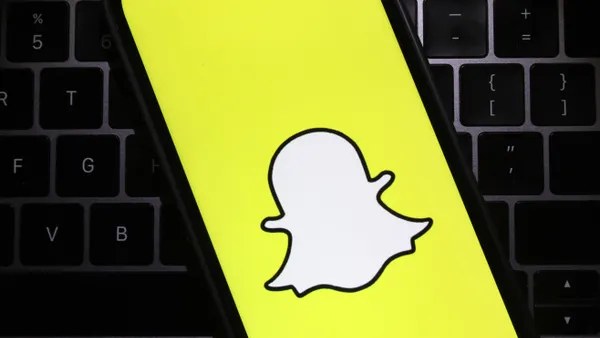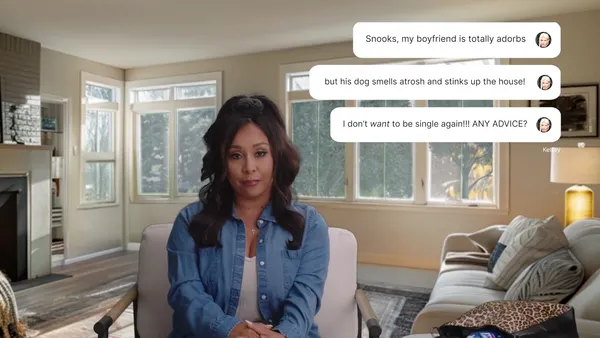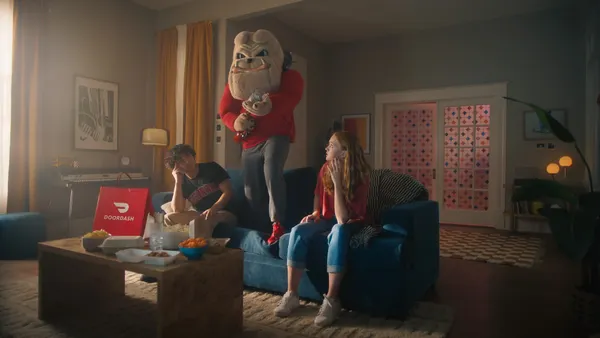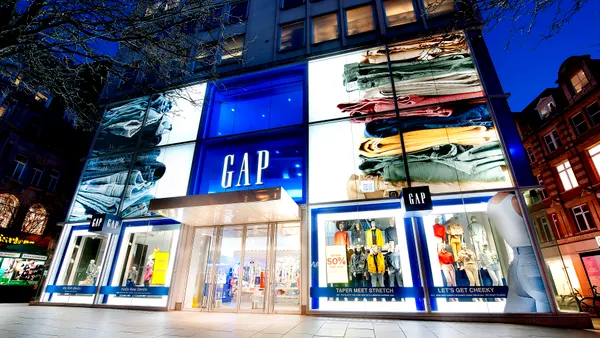Dive Brief:
- Sprite, the lemon-lime soft drink marketed by Coca-Cola, reworked its “Wanna Sprite” campaign that started last fall with a summer promotion that urges consumers to scan QR-coded cans and bottles with their smartphones to win prizes. The Summer Sprite Cold Lyrics Series packaging will show phrases from songs mentioning the word cold from hip-hop artists Vince Staples, Lil Yachty, DRAM, Vic Mensa, Kamaiyah and Kap G, according to a press release by the company.
- Fans who buy the limited-edition cans and bottles from June 26 to August 28 have a chance to win one of more than 150 prizes each day, including custom Xbox One S consoles, drones, BMX bikes, neon signs, instant cameras, pocket DJ mixers, wireless Bluetooth speakers and merchandise from Nike, GameStop, Sprite and more.
- The campaign, developed by Wieden + Kennedy New York, will include TV, outdoor, radio, digital, social and in-store advertising throughout the summer, and consumers can participate online via the hashtag #WannaSprite.
Dive Insight:
The Sprite campaign is interesting in that it doesn't appear to use QR codes, which would require users to have a QR code reader like Snapchat or Shazam on their phones in order to engage. Instead, consumers are asked to scan a lyric, which could help Coca-Cola drive wider engagement and keep the data accumulated from the effort under its control.
In another recent effort, Coca-Cola partnered with Spotify to enable users to unlock a song playlist by pointing the phone’s camera at a specially marked bottle or fountain cup and pressing play. Taken together, these two efforts from Coca-Cola suggest the brand is testing the best way to leverage mobile for encouraging users to engage with its products.
Coca-Cola isn't alone in making mobile the linchpin for driving user engagement. Pepsi, in partnership with the Fox show "Empire," offered limited-edition mini-cans with original artwork inspired by the show and a scannable Shazam code that unlocks behind-the-scenes footage captured from the set of a musical tribute shoot.
The company and archrival Pepsi are under pressure to reverse a sales decline as increasingly health-conscious consumers are turning away from sugary soft drinks in favor of bottled water. The companies saw per capita consumption of soft drinks fizz out last year, falling to a 31-year low, according to Beverage-Digest. Meanwhile, total volume grew as the companies marketed sports drinks and bottled water. Coca-Cola's Dasani grew 5.3% and PepsiCo's Aquafina gained 10.9% in 2016.
Soda makers are also beating back regulators that seek to tax sugary drinks as a way of discouraging people from imbibing high-calorie drinks that can lead to health problems. Health insurer Aetna published a study yesterday that said diabetes grew 40% worldwide in the past two years, with a 69% jump last year in North America. The World Health Organization estimated the annual cost of the treating disease at $827 billion last year.
This week, Coca-Cola also discovered the power of social media to quickly trigger viral publicity, but not in a good way. The company’s marketing efforts during a heat wave in Pittsburgh backfired on Sunday when the company mistakenly used a map of Philadelphia in a post on Twitter, according to NBC Philadelphia. The tweet said, "Today's forecast in Pittsburgh: Record heat, followed by an ice-cold wave of ahhhhhhh. #ShareaCoke." A spokeswoman for Atlanta-based Coca-Cola apologized the next day for the gaffe.
It’s somewhat ironic that Coca-Cola managed to confuse Pittsburgh with Philadelphia in a promotional tweet last weekend. Philadelphia has become a key battleground for the company after the city imposed a tax of 1.5 cents an ounce to sugary and diet beverages. The tax has triggered a significant slump in beverage sales for Coca-Cola and has led to job cuts among beverage distributors. Philadelphia hasn’t raised as much money as was initially hoped from the tax as consumers changed their purchasing behavior, according to Philly.com. The tax remains hotly contested in courtrooms, and the state legislature may seek to end the levy, according to the Philadelphia Business Journal, which would be a big win for soda providers like Coca-Cola.






